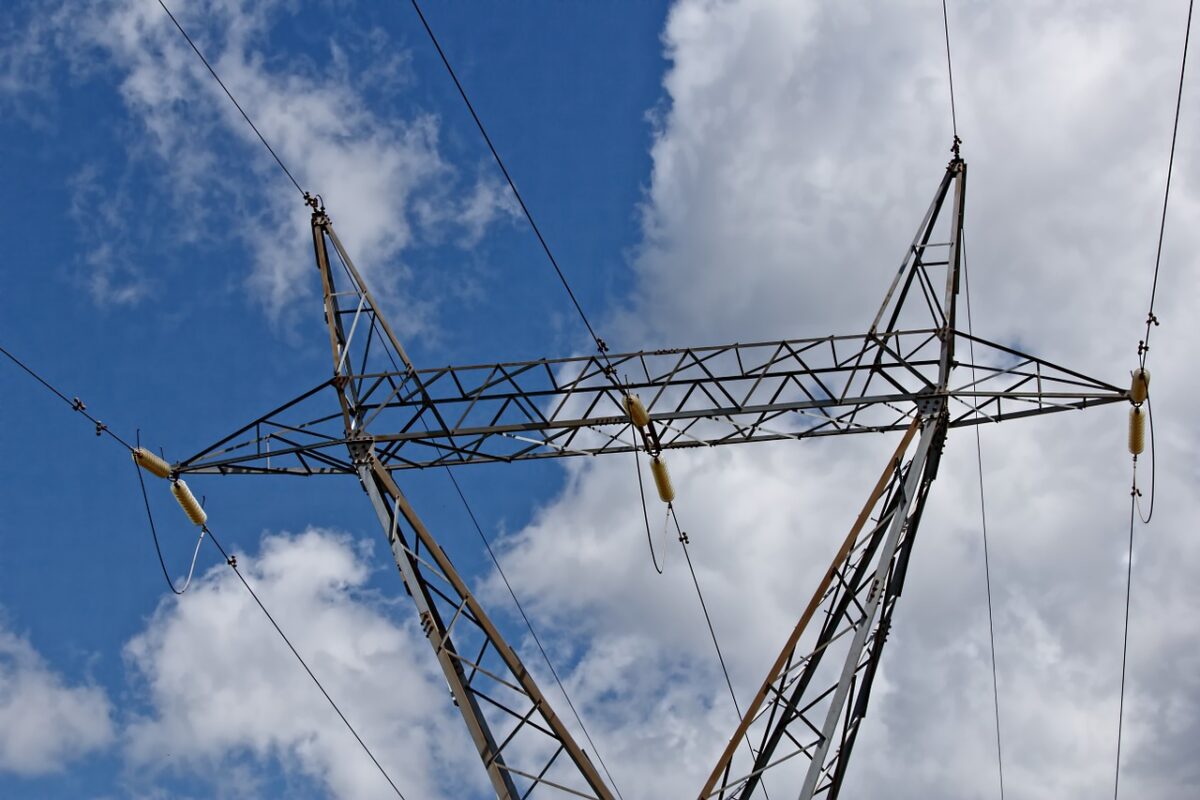On August 12, 2021, the Minister of Mineral Resources and Energy, Gwede Mantashe gazetted the amendments to section 2 of the Electricity Regulation Act of 2006 which was immediately effective. The release of the long-awaited amendment serves to increase the threshold for electricity generation. It allows individuals and businesses to install up to 100 Megawatts of electricity without a license but requires them to register with the National Energy Regulator of South Africa (NERSA). This is a welcomed change as the previous cumbersome and costly licensing process was seen as a major deterrent to the generation capacity of the national grid.
This exemption assists in introducing additional generation capacity to the country’s strained electricity grid, while allowing Independent Power Producers (IPP) to sell electricity to end user customers. It also allows large industrial and mining companies to acquire electricity from IPPs, while locking in long-term prices for electricity with IPPs under the Power Purchase Agreements. Electricity generators who would like to sell to distributors such as municipalities will still require a license under the Electricity Regulation Act (ERA) and the Integrated Resource Plan (IRP). The sale of electricity to Eskom and or municipalities will have to follow a procurement process within Eskom and / or the municipality.
Eskom welcomed the amendments to section 2 as it believes that this progressive step would assist in stabilising the country’s electricity supply, while creating space for it to conduct its much-needed repairs on its infrastructure. According to Business Tech, the power utility says it believes that the customer-funded capacity, together with the IPPs, will assist in addressing the existing electricity-demand gap and reduce the long-term risk of load shedding which the country is currently facing.
It is worth noting that this exemption might encourage investment into generation projects. It will allow companies to build their own energy facilities and cater to their own needs, while removing the current threat that the lack of energy poses to millions of jobs in the mining, manufacturing, and agriculture sectors. The amendments to Section 2 notwithstanding, other aspects of national legislation will still need to be changed to comply with the newly amended Section 2 of the Electricity Regulation Act before Independent Power Producers can come online to alleviate our current power constraints.

